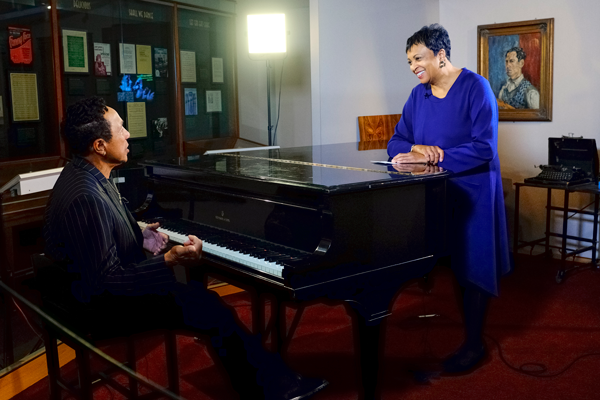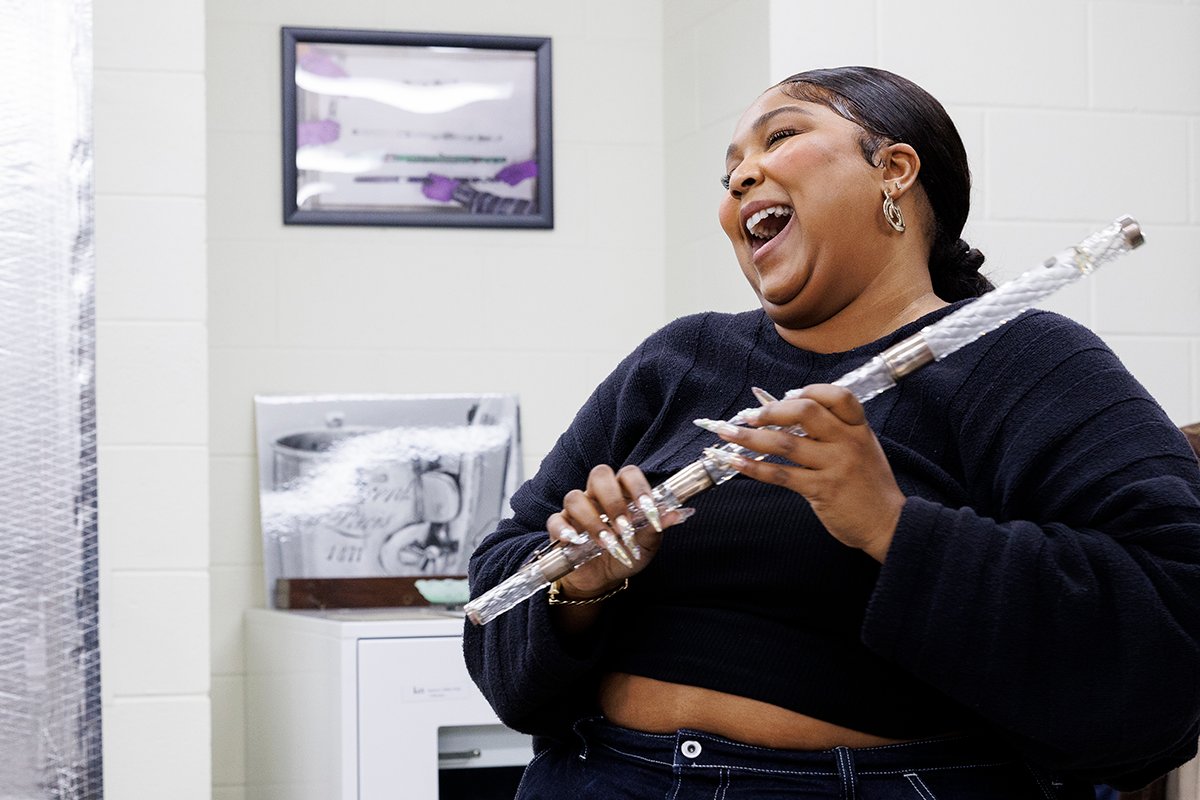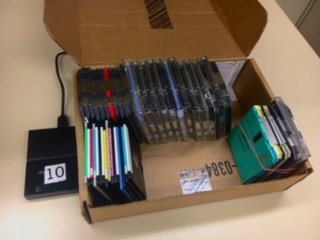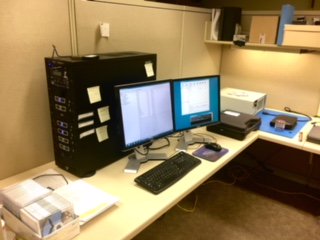It may be 40 more years until #StarTrek #FirstContactDay 🖖 but our collections contain a rich history of human interest in space travel, UFOs & extraterrestrial communication. There's lots to see in this 🧵, from a 17th century moon mission to a current Library/@NASA team-up! 

Advances in earthly science tend to boost curiosity about extraterrestrial matters. As such, on the heels of Galileo’s telescopic moon observations came Francis Godwin’s "The Man in the Moone" (1638), a tale of a man's space travel in a bird-powered craft. go.loc.gov/zzyq50NB8wV 

As telescope quality improved & astronomers were able observe the geography of Mars, they took what they saw as evidence of civilizations. By the 1830s, many believed Mars & other planets were inhabited. Take a look at this page from an 1831 textbook. go.loc.gov/CwPQ50NB8wT 

Later, as radio took off, so did stories of communication with extraterrestrials. This 1920 article documents Italian scientist Guglielmo Marconi's belief that he was receiving signals from intelligent life in outer space. go.loc.gov/S52w50NB8wS 

The Cold War era was rife with anxiety about atomic weapons & communism, which manifested visions of flying saucers & worries that alien enemies might be hidden among us. These concerns were well-illustrated in the pop culture of the time. go.loc.gov/fFGi50NB8wU 

The @NASAVoyager crafts — now 12+ billion miles from Earth — carry golden records loaded with earthly greetings, should they ever encounter life. The Library has a copy of the record & holds the papers of beloved American astronomer Carl Sagan, who helped curate its contents. 



We can't end this thread about humanity's interest in other worlds without mentioning that the Library & U.S. Poet Laureate @adalimon are embarking on a mission with @NASAJPL to send a poem to space in 2024. Watch out for more details, coming soon.
go.loc.gov/vYo050NB8wR
go.loc.gov/vYo050NB8wR

• • •
Missing some Tweet in this thread? You can try to
force a refresh




















